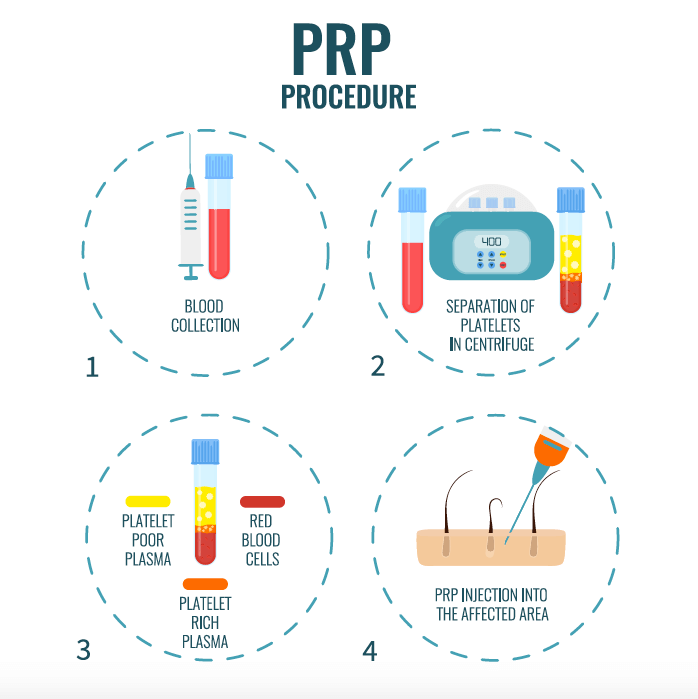Did you recognize that nearly 85% of individuals experience acne at some point in their lives? When you're faced with this usual skin issue, choosing in between prescription and over the counter (OTC) therapies can be complicated. Each choice has its own collection of benefits and downsides, which can considerably influence your skin's wellness. So, how do you identify which therapy aligns best with your needs? Understanding the essential distinctions and what they indicate for your one-of-a-kind scenario could simply hold the solution.
Key Differences In Between Treatments
When it involves acne treatments, recognizing the crucial differences can make a significant impact on your skin's wellness.
You'll find two main classifications: over-the-counter (OTC) and prescription therapies. OTC alternatives, such as benzoyl peroxide and salicylic acid, are conveniently offered and have a tendency to be less extensive. They usually work by unclogging pores and decreasing inflammation, making them appropriate for mild to modest acne.
On the other hand, prescription therapies generally include more powerful energetic ingredients, like retinoids or anti-biotics, and are customized for a lot more serious instances. These therapies commonly call for a dermatologist's guidance, permitting them to target particular skin problems effectively.
The toughness and solution of prescription alternatives can result in quicker results however may likewise include a higher danger of negative effects.
You should additionally consider your skin kind and any kind of level of sensitivities when selecting a therapy. For example, if you have sensitive skin, OTC therapies may be a gentler beginning factor.
Ultimately, recognizing these distinctions aids you make educated choices about your acne treatment journey and leads you towards clearer skin.
Benefits and drawbacks of Prescription Options
Prescription alternatives for acne treatment included both benefits and disadvantages that you must consider very carefully.
One major pro is their strength. Prescription medications commonly contain greater concentrations of active ingredients, which can lead to faster and extra reliable outcomes compared to over-the-counter (OTC) items. You could also locate that prescriptions are customized to your certain skin kind and acne intensity, supplying a much more customized approach.
On the flip side, these treatments can come with significant drawbacks. For one, they might have adverse effects varying from light inflammation to more major complications, which you need to keep track of carefully.
Additionally, prescription treatments can be a lot more pricey, especially if your insurance policy does not cover them. You may additionally deal with challenges in getting a prescription, as it requires a see to a healthcare provider, which can be taxing and bothersome.
Advantages of OTC Treatments
OTC treatments usually provide a hassle-free and available remedy for taking care of acne. You can conveniently find these items in pharmacies, food store, or online, making them readily available without a prescription. This access indicates you can begin your acne treatment whenever you require to, without waiting on a medical professional's consultation.
Another considerable advantage of OTC treatments is their affordability. Several non-prescription options are affordable, permitting you to explore different formulations without breaking the bank. You can attempt different products to see what works best for your skin type.
https://www.thedailybeast.com/how-the-kardashians-changed-the-face-of-plastic-surgery are available in a range of solutions, consisting of gels, creams, and washes. This selection enables you to choose an item that fits your way of living and preferences. botox nyc have energetic components like benzoyl peroxide or salicylic acid, which work in dealing with acne.
Finally, you have the freedom to readjust your routine based upon your skin's action. If one product isn't functioning, you can conveniently change to an additional without an extensive appointment procedure. This versatility equips you to take control of your acne management trip.
Conclusion
Ultimately, choosing in between prescription and OTC acne treatments actually boils down to your one-of-a-kind skin demands and scenarios. While prescriptions may appear like the golden ticket for swift results, OTC alternatives offer an even more easily accessible path, allowing you take control of your skin care trip. Accept the versatility of OTC products or think about the tailored strategy of prescriptions-- in either case, you're taking a favorable step in the direction of more clear skin and increasing your self-confidence in the process.
